Google Penalty Recovery
Let our specialists in penalty rehabilitation help you find the problem and address it fast.
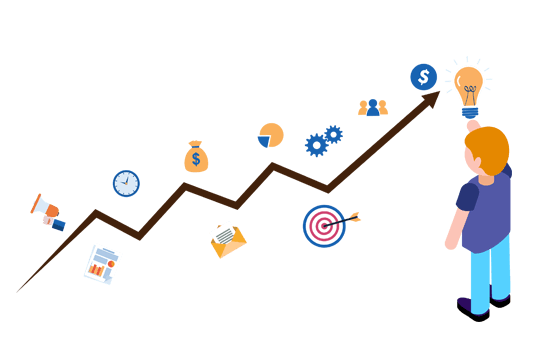

First, let’s talk about punishment from Google. It’s a sudden and drastic drop in Google’s organic search rankings, The result is an update to Google algorithms and/or manual action by Google employees.

The BBC has been penalized for “unnatural links”
Mozilla, creators of the Firefox web browser, has been penalized for user-generated content by a Google employee.
JC Penney has been penalized for purchasing links
Washington Post has been penalized for the sale of links
BMW and Ricoh have reportedly deleted their entire website
In any case, if you get a fine from Google, it’s one of the following …
A manual action comes from Google’s spam department. To see if a manual penalty has been levied, go to your website’s Google Webmaster Tools and check alerts for “unnatural links” or a similar warning.
It is more difficult to determine an algorithmic action because it is an automatic penalty. And you must match the day you lost traffic to the day an update occurred in the history of changing Google’s algorithm. It requires a lot of sleuthing and research, a team who knows what to look for is great at doing that.
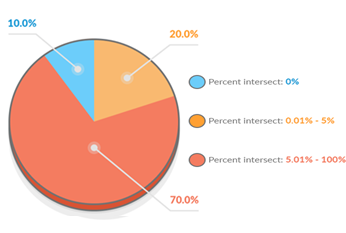
Swapping links with other websites used to be a great marketing strategy … until it was exploited by website owners. Now Google can see too many links as abuse, particularly if non-industry-related websites connect to you.
This should be clear, but Google would definitely frown on any material on your website that copies content from another page. And it might penalize you. SEO’s Golden Rule is this: publish only unique and useful content.
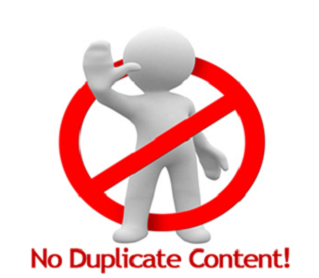
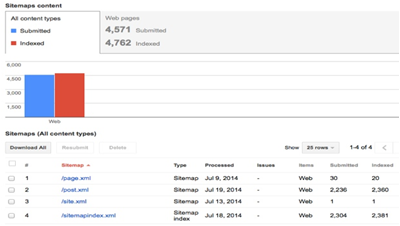
Google uses your website’s XML sitemap to understand its architecture. You need to be confident that your sitemap is updated and accessible by Google. Or it might hurt you.
There are many theories on web pages about keyword density, but none of them have been proven. However, one fact is clear: an unnaturally high keyword density is a red flag Google.
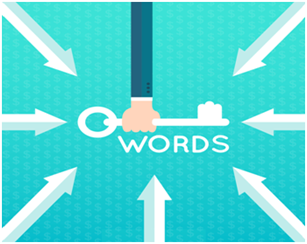
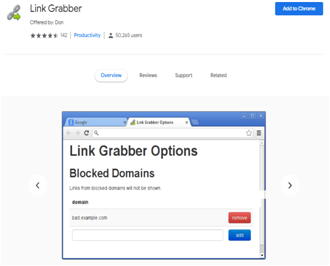
All links on your site should be user-friendly and clear. Google considers any secret links as a suspect. Never link the same color as a web page background for example, Even if you have good intentions.
If your website links are not up to date, Google will assume that you are not serious about the user experience. Also regularly check your links and delete or patch the broken ones.
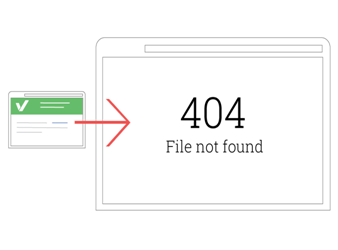
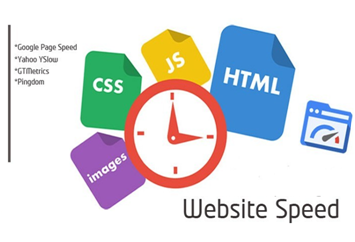
If your website loads slowly to your visitors, they will get frustrated. So Google must know because this is a testing a metric. There are many factors that can slow down your website, so repairing by yourself can be a complex problem.
The robots.txt file is used to inform search engines which portions of your website you are not interested in being indexed. While you may have good reasons for Google and other search engines to exclude web pages, so do it carefully. Over-blocking may lead to a penalty.
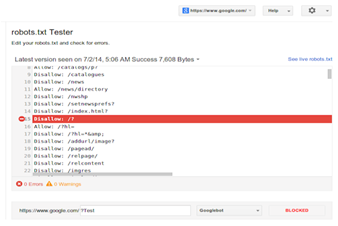
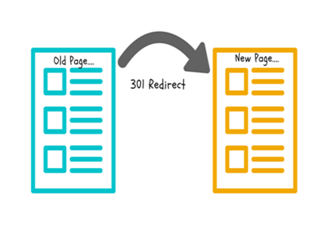
If you have been hit with a penalty on your website, you can simply transfer the penalty to a new location by using a 301 redirect to re-route. And that penalty will stick around long after the redirect is eliminated.
Google wants to provide excellent experience in searching for people. But a 404 mistake on your website will not make searchers happy if a missing link is identified. Regularly check your website to detect and repair any error codes.
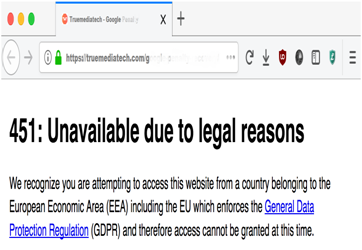

Google likes natural content. And they can say if you are trying too hard to get other websites “out of SEO”. It may seem counter-intuitive, but unless you’re an SEO expert that stays up-to-date every day with Google laws, you should focus on publishing natural content.
Sadly, nothing can deter you from setting up deceptive backlinks for a scumbag or cynical rival to get you to penalize. The best defense is diligence. Regularly Use the Google Webmaster Tools to track backlinks to your site
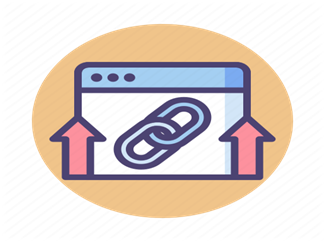
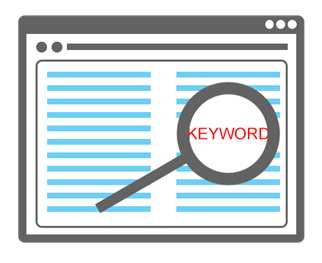
Google tracks the keywords found on spam pages of low quality. “Viagra” and “payday loans” are examples of keywords that could penalize you if they appear on your website frequently. If you are working in a spam-filled industry you should be very careful.
The good news is that a sentence of death does not have to be a penalty. In most cases, you can get your site to search again and recover traffic lost.
In our experience, whether you have been penalized with a manual or algorithmic action, more than 95% of the penalties are due to bad backlinks to your website.
It means that you should examine your links to figure out which ones might have caused the problem. It’s actually a 3-step process:
Identify bad links
Try to remove them
And disavow the remaining links.
It takes time. But you really have no choice, If you want your organic search rankings to be regained.
